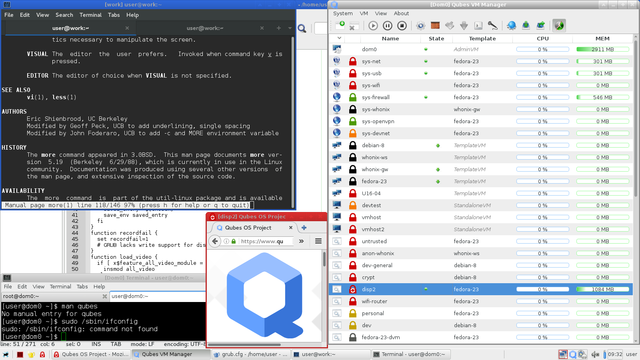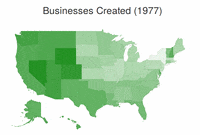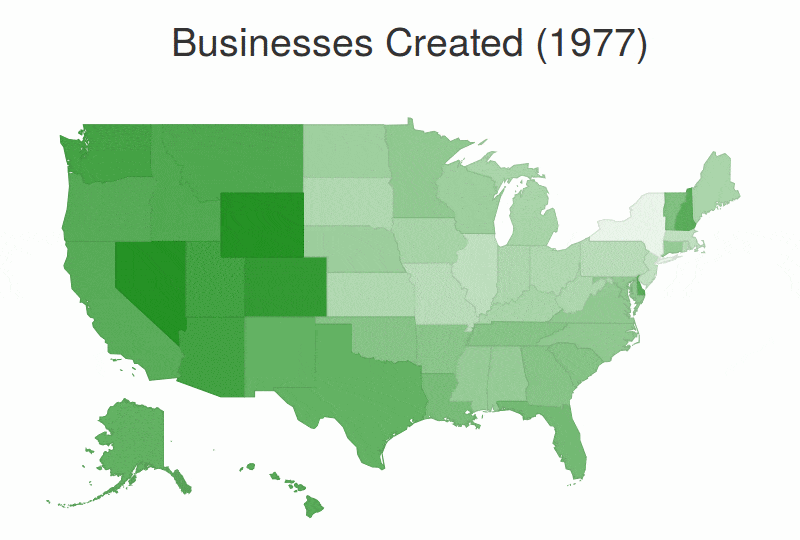Modern Password Policy
Myths and Best Practices
Password Complexity
Passwords have long served as the first line of defense in securing digital assets, but their strength is directly proportional to the usage habits of users and the security policies applied on them. Unfortunately, many such policies actively degrade password security by driving users towards compensatory strategies just to operate. With that risk in mind, let's discuss why the core of password strength lies in a balancing act between usability and complexity/randomness.
Two primary elements influence a password's entropy (degree of randomness and unpredictability): length and character set complexity. Brute-force attacks, where adversaries attempt every possible combination until success, rely on narrowing down the search space. Both length and complexity expand this space, but it's crucial to understand their relative impacts. Consider the following table, detailing hypothetical attack durations against passwords of varying types, given a conservative base of crackers achieving 10 trillion guesses per second (open source is pretty close):
August 19, 2023


